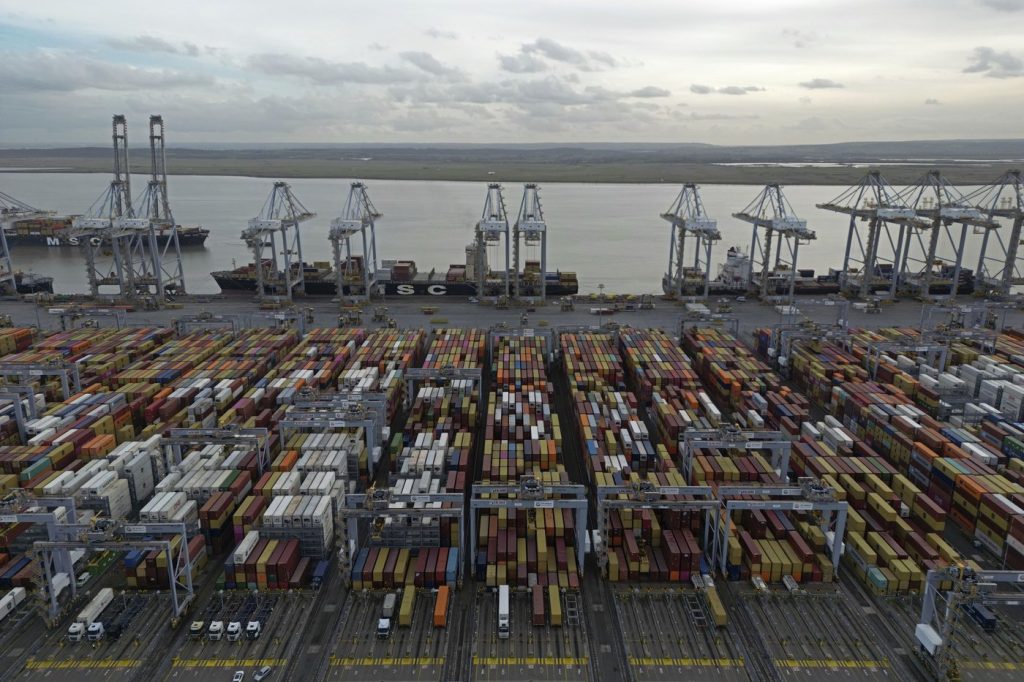The United States and Britain are set to announce a pivotal trade deal on Thursday, aimed at lessening the impact of President Donald Trump’s extensive tariffs. This agreement could serve as a political win for Prime Minister Keir Starmer as both countries seek to strengthen their trade relationship.
On Wednesday, President Trump hinted at a "major trade deal" with a "big, highly respected country," later confirmed by a U.S. official to be Britain. This revelation was made under the condition of anonymity in advance of the official announcement. Prime Minister Starmer has indicated that he will provide an "update" on the U.S. trade discussions later in the day during a defense conference in London.
The Trump administration has imposed a 10% tariff on imports from Britain, alongside a 25% tariff on automobiles, steel, and aluminum. The reasoning behind these tariffs was to encourage manufacturing and create jobs within the U.S. A primary objective for British negotiators has been to either reduce or entirely eliminate these U.S. import taxes on U.K. vehicles and steel products.
While a trade deal with the U.K. holds symbolic significance and offers relief to British exporters, it may not significantly address Trump’s primary concern regarding persistent trade deficits which led to the imposition of tariffs globally. The U.S. recorded an $11.9 billion trade surplus in goods with the U.K. last year. This figure is notable, particularly given that the $68 billion worth of goods imported from the U.K. accounted for only 2% of all U.S. imports in that year.
Trump has expressed a desire to establish a trade agreement with the U.K. since its decision to exit the European Union in 2016. However, as recently as Tuesday, he displayed a lack of familiarity with the potential terms of the trade deal when asked about it. He responded, “They’re offering us concessions? I hope so… They do want to make a deal very badly.” His comments indicate an awareness of the U.K.'s eagerness to finalize negotiations.
In his discussions, Trump has previously indicated that U.S. consumers would be a key leverage point in the talks but also suggested that the U.K. would increase its purchases of American goods. “I think that the United Kingdom, like every other country, they want to, they want to be, go shopping in the United States of America,” he stated, implying a mutual benefit in the expected trade agreement.
As Brussels navigates its own trade dynamics following Brexit, the U.S.-U.K. relationship has crucial implications for global trade. The impending announcement of the trade deal reflects ongoing efforts to bolster economic ties between the two nations, representing not just economic interests but also strategic alliances moving forward.










